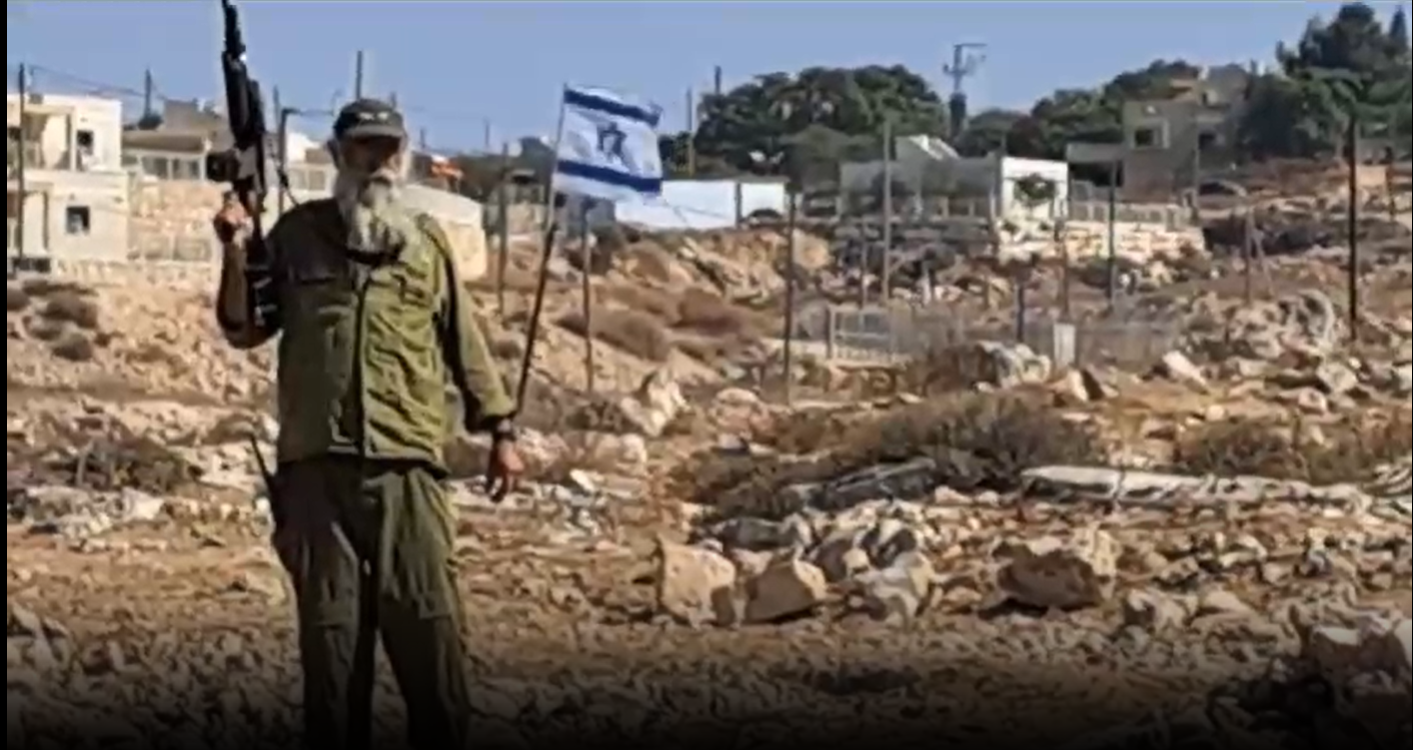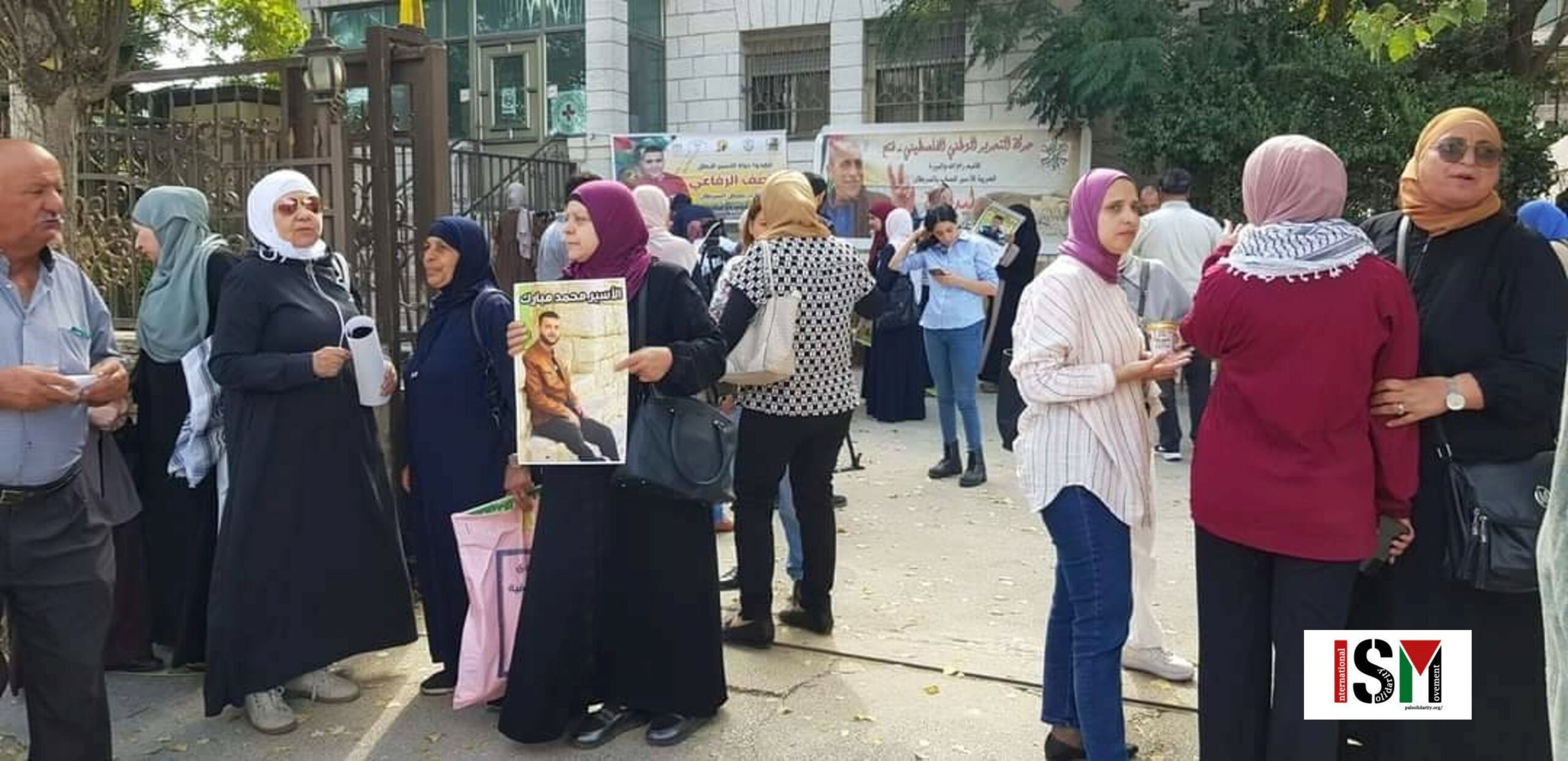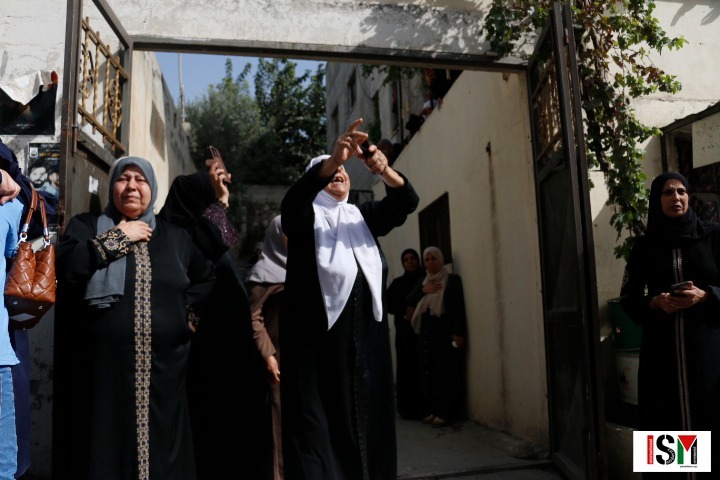Category: Reports
-
Watch: Israeli settlers and soldiers destroy Palestinian property, shoot live ammunition in Masafer Yatta
Masafer Yatta | International Solidarity Movement On October 25th, 2023, Israeli settlers and soldiers invaded the land belonging to a Palestinian family in Masafer Yatta, south of Hebron, and used a bulldozer to uproot trees and destroy the family’s garden. The colonial attack occured in the Palestinian village of Tuwani and targeted the…
-
Prisoners’ Solidarity Demo
24 October 2023 | International Solidarity Movement | Ramallah The ISM attended the weekly demonstration held in front of the International Red Cross, in Ramallah, to demand the release of prisoners from the Occupation’s jails. When we arrived at the demonstration, a lady called out to me in French – “You’re French? Macron shouldn’t come…
-
Israeli crimes around the clock in the West Bank
22 October 2023 | International Solidarity Movement | Zawata by Diana Khwaelid Zawata town-Nablus. On the evening of Sunday, 22-10-2023, the Israeli Occupation Forces (IOF) stormed the town of Zawata, northwest of the city of Nablus. The residents of the town initially spotted Israeli special forces near the town’s cemetery. The Israeli occupation forces…



